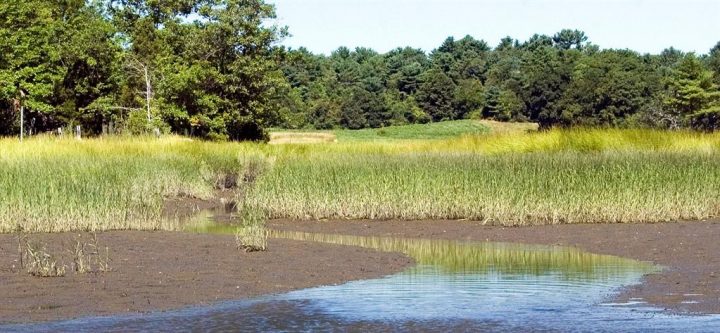
by Morty Gaskill and Ryan Bethea
As directed by President Donald Trump in 2017, the Environmental Protection Agency and the Department of the Army on Dec. 11, 2018, signed a proposed rule revising the definition of “waters of the United States” addressing federal authority under the Clean Water Act. The agencies’ proposal is the second step in a two-step process to review and revise the definition of “WOTUS” consistent with the president’s executive order to replace the approach in the 2015 Rule and the pre-2015 regulations. A 60-day public comment period on the revision is set to close April 15. Today’s guest column addresses the proposed changes
— Coastal Review Online Editor
We repeat past mistakes when we ignore history. That is exactly what the U.S. Environmental Protection Agency is doing as it proposes to dramatically roll back safeguards for wetlands all over eastern North Carolina.
Long before we were born, unregulated wetland destruction did staggering damage to our coast. In the 1970s, large corporations ditched and drained more than 200,000 acres of wetlands near estuaries. Fish and shellfish suffered from the resulting runoff and pollution.
In 1976, 3,000 commercial fishermen and residents signed a petition that pleaded with state officials to do something about the runoff that plagued our estuaries and threatened their ability to make a living fishing. Many of these folks were from Hyde County, and they saw firsthand vast areas of wetlands converted to “superfarms” and other land uses. Trillions of gallons of drainage flowed directly into salty estuaries. This runoff made these essential fish nurseries much less productive for shrimp, oysters, flounder, trout and other commercially and recreationally important marine life.
In response to this growing controversy, federal and state lawmakers and agencies finally stopped many of these wetland conversions. They recognized that it was necessary to protect wetlands to maintain water quality and fisheries—common sense that was also a legal obligation under the federal Clean Water Act and state environmental laws.
After this enforcement of environmental laws stopped many wetland losses, what began was a lot of cooperative work by landowners, government agencies, scientists, sportsmen, and conservation interests to better manage existing drainage systems, and to protect and restore hundreds of thousands of acres of wetlands in eastern North Carolina. The federal and state governments have worked as partners over the following decades, investing hundreds of millions of dollars to repair past wetland damage and to make our coast more resilient against hurricanes, saltwater intrusion and flooding.
Those efforts made it possible for us to pursue our calling as commercial fishermen. While there is still way too much polluted runoff entering our coastal waters, stronger wetland safeguards and important restoration programs that came about since President Richard Nixon signed the federal Clean Water Act have done a lot of good. They have protected many of our remaining wetlands and have restored hundreds of thousands of acres of previously drained wetlands and streams to enhance their ability to filter and absorb polluted runoff into our coastal waterways. While not perfect, these laws and programs give fishermen like us the confidence to pursue our commercial careers. We earn a good living providing seafood to North Carolina’s residents and visitors. As young entrepreneurs, we are the new generation of working watermen.
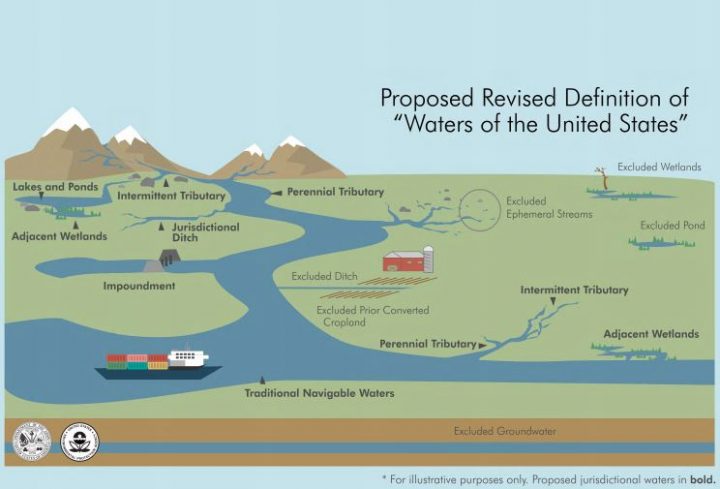
Life as a commercial fisher isn’t easy. We battle weather that seems to grow more extreme each year and face severe business pressures including competition from foreign imports and management questions about how best to allocate and regulate the seafood we catch. The biggest threat to our livelihood, however, is degradation of water quality and fisheries habitats. We can’t earn a living if estuaries are no longer fertile and safe places to grow and harvest seafood.
This regulatory rollback proposed by EPA to eliminate most existing regulatory safeguards for wetlands in our state will extinguish our fishing industry. We know from the past experiences of our fishing forefathers that no wetlands means no seafood. Our existing laws ensure that everyone does their part to keep our estuaries healthy. Those estuaries collect water from thousands of small streams and wetlands as far inland as Durham and Raleigh. Without essential protections, the estuaries we fish will not only be jeopardized by wetland loss in the coastal plain, but by all of the pollution that flows downstream.
Speak up and help stop this irresponsible proposal before it destroys our coast. As fishermen we will be the first to see the damage if EPA has its way, but rest assured it will have far reaching negative impacts on everyone who depends upon our coast as a place to live, work and play.
Learn More




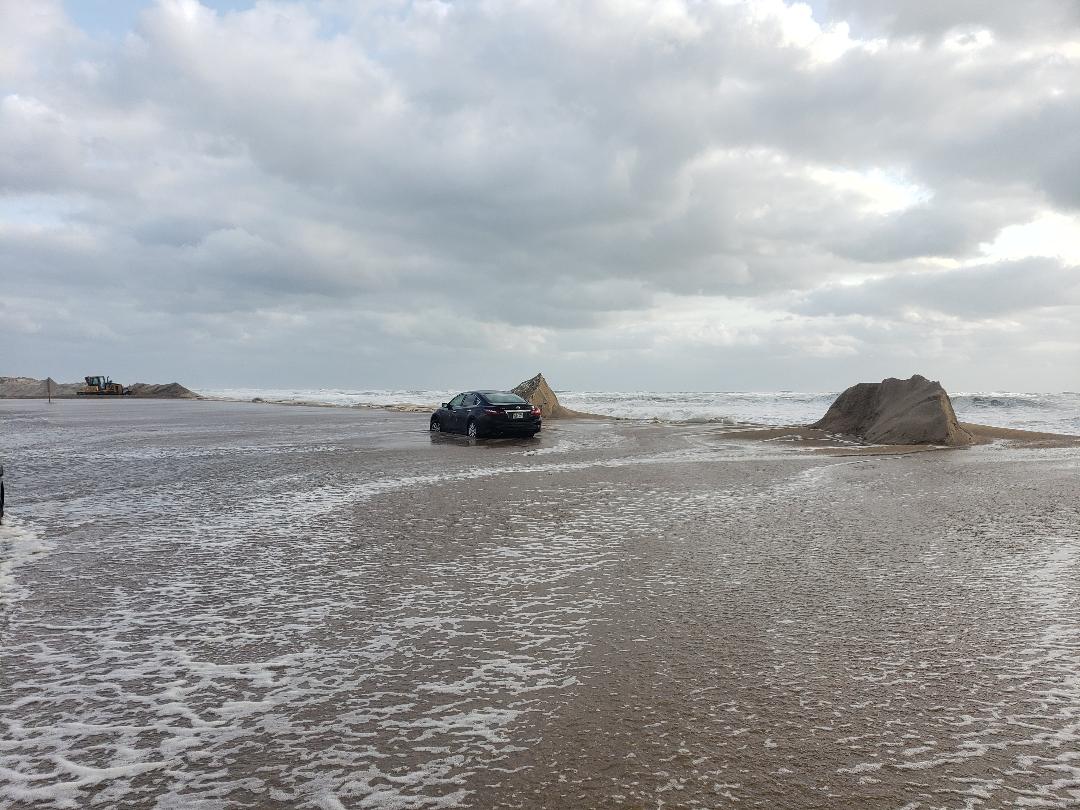
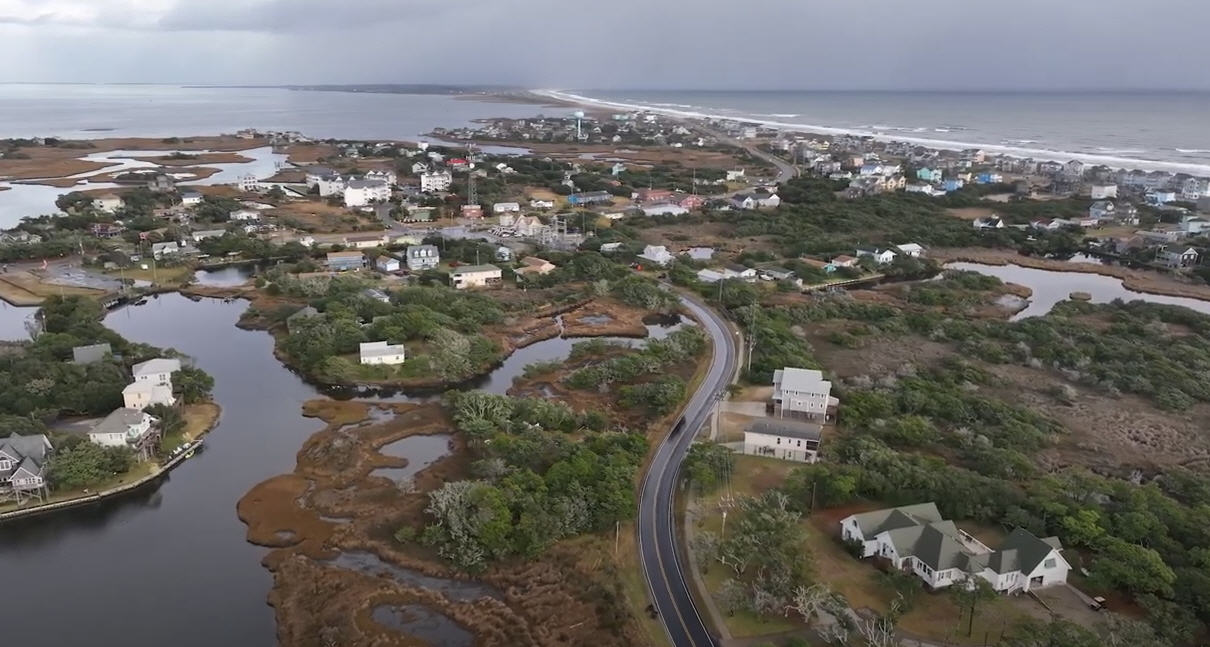
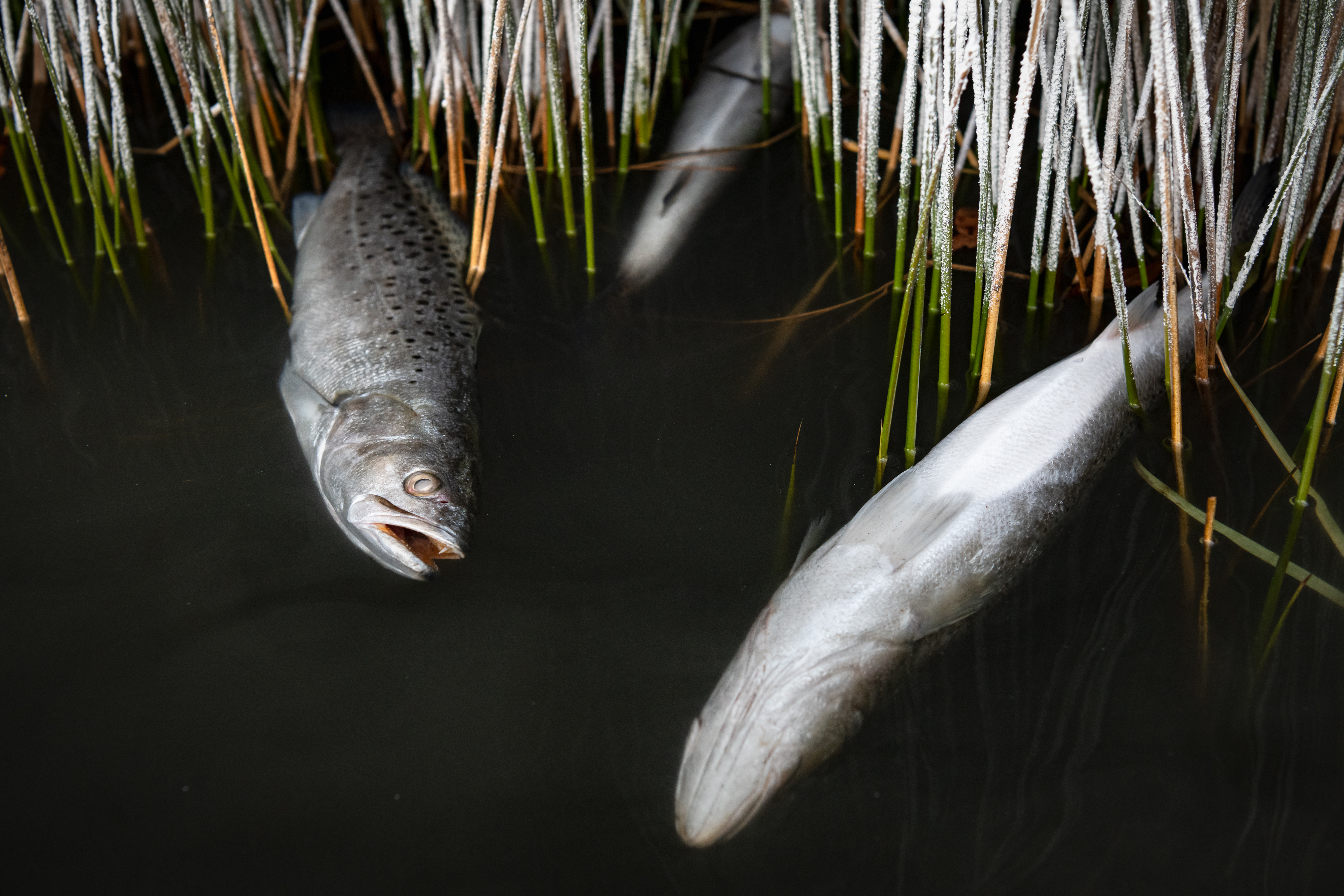




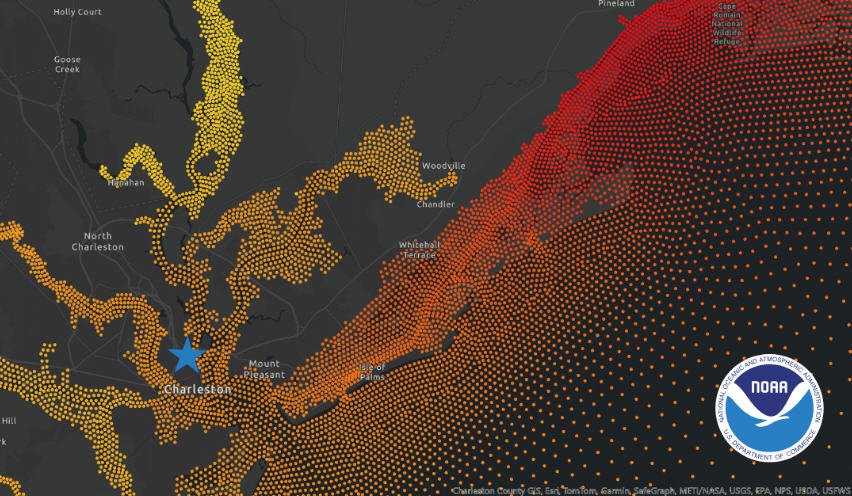





Ther is MORE to this than this column indicates…do some research as to how restrictive the 2015 rules are…and how much more they cost to federalize intermittent streams..as an example..
https://www.morganlewis.com/pubs/final-clean-water-act-rule-likely-to-expand-acts-application